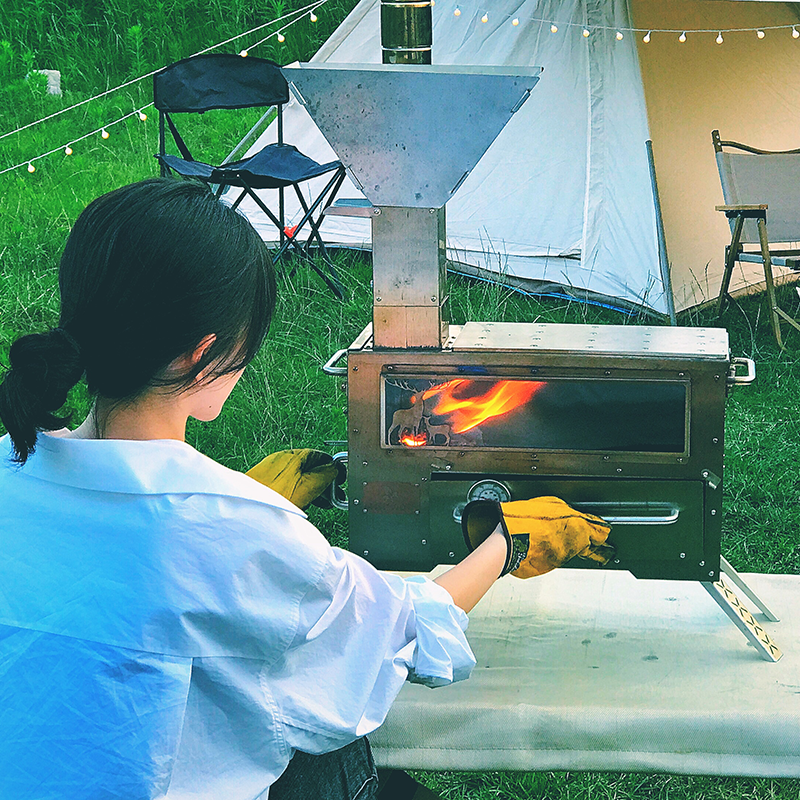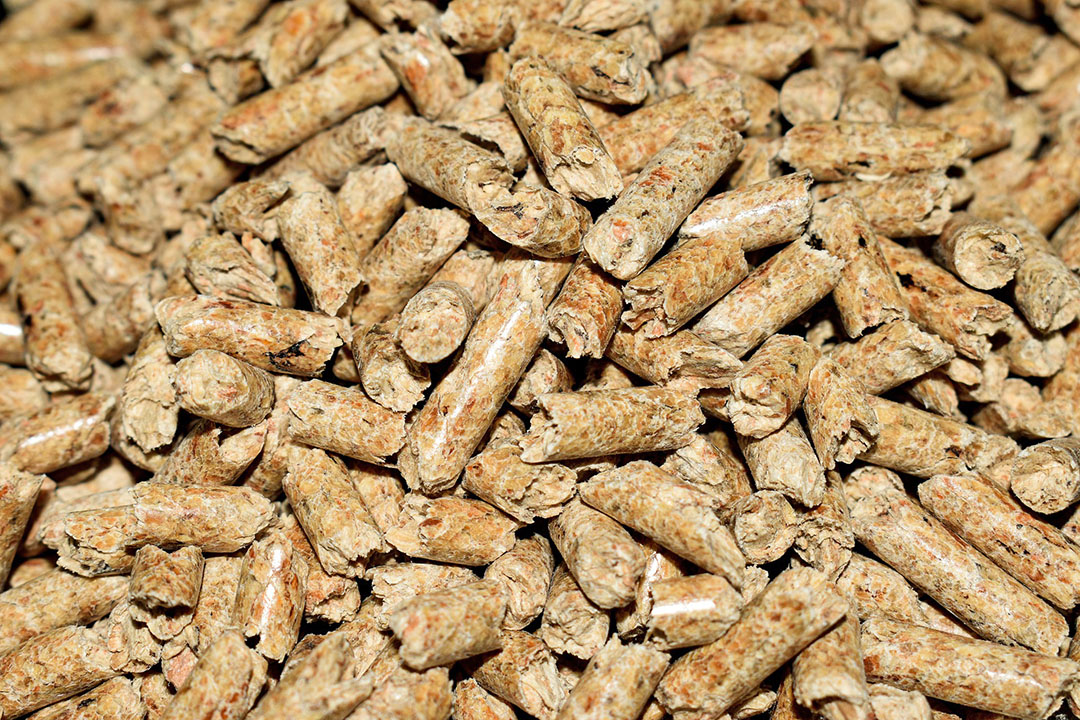
Pellet stoves have gained popularity as an efficient and eco-friendly alternative to traditional fire stoves. If you're new to pellet stoves or considering using one for your camping adventures, understanding the fuel they require is essential. In this guide, we'll explore the origins of pellet stoves, their typical applications, the differences between pellet stoves and traditional fire stoves, and most importantly, the fuel that powers pellet stoves.
A pellet stove is a heating appliance that burns compressed wood or biomass pellets as fuel. It is designed to provide efficient and clean heat for residential and outdoor spaces. Pellet stoves utilize advanced combustion technology, making them highly efficient and environmentally friendly.
Pellet stoves originated in the 1980s and gained popularity as a renewable and cost-effective heating solution. Initially used predominantly for residential heating, pellet stoves have now found their way into outdoor camping setups. They offer a convenient and sustainable heating option for campers, ensuring warmth and comfort during chilly nights in the wilderness.
The fuel for pellet stoves consists of small, cylindrical pellets made from compressed wood waste or biomass materials. These pellets are typically composed of sawdust, wood chips, agricultural residues, or even dedicated energy crops. They are highly compact and have a low moisture content, ensuring efficient combustion.

Pellet stoves operate through a controlled combustion process. The pellets are fed into a hopper, which automatically delivers them to the combustion chamber. An electric ignition system ignites the pellets, and a combustion blower provides the necessary air for the fire. The heat generated is then circulated through a heat exchanger, which warms the surrounding area.
Moreover, advancements in pellet stove technology are focused on improving efficiency and reducing emissions. This ensures that campers can enjoy the benefits of a clean and eco-friendly heat source during their outdoor adventures.
As the demand for sustainable camping gear continues to rise, the future of pellet stoves in the camping industry looks promising. With ongoing advancements in technology and the development of specialized camping models, campers can expect even more efficient and compact pellet stoves for their outdoor heating needs.
